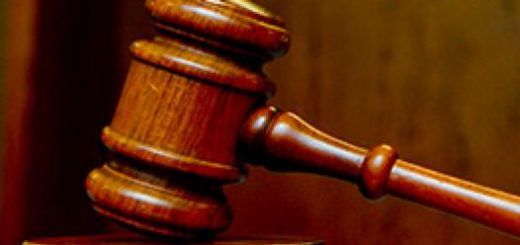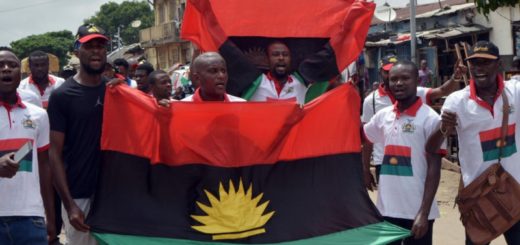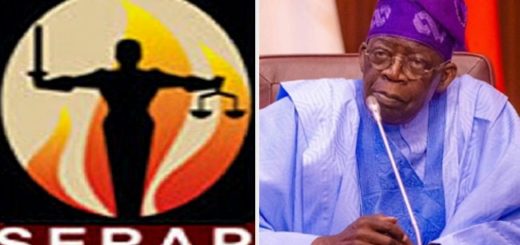Citing A “Null And Void” Basis, SPIDEL Instructs Chair To Convey A Robust Response, Refusing To Adhere To NBA Suspension.
 Members of the Nigerian Bar Association Section on Public Interest and Development Law (NBA-SPIDEL) on Sunday unanimously passed a vote of confidence on its leadership while declaring the suspension of its activities as “null and void.”
Members of the Nigerian Bar Association Section on Public Interest and Development Law (NBA-SPIDEL) on Sunday unanimously passed a vote of confidence on its leadership while declaring the suspension of its activities as “null and void.”
This decision was taken during an extraordinary general meeting convened to discuss concerns raised in a letter by NBA President, Yakubu Maikyau, dated January 31st.
Maikyau had accused SPIDEL Chairman, John Aikpokpo-Martins of taking unauthorized actions beyond the section’s mandate. He consequently ordered officials to halt activities pending a meeting on February 1st.
However, addressing over 80 members on Sunday, opinions overwhelmingly held that SPIDEL acted properly and the President lacks powers to suspend its activities.
The general meeting adopted all past actions, statements and lawsuits initiated by SPIDEL officials as proper. It also renewed the mandate of the executive committee to take any appropriate future actions.
Members further resolved that the section should disregard the suspension directives which they declared as “ultra vires, null and void.” The SPIDEL Chairman was instructed to convey these resolutions in a robust response to the President’s letter.
The meeting passed the vote of confidence motion moved by lawyer Inibehe Effiong while members’ contributions and resolutions were said to be unanimous.
Meanwwhile some members express staunch support for SPIDEL, emphasizing its role in championing public interest causes, others take a contrasting view. The latter group insists that cases should not be filed or petitions presented in NBA’s name without the knowledge and approval of the NBA President, particularly when the matters have national significance.
Supporters of the NBA President argue that vibrant sections like SPIDEL should coordinate with the central leadership before filing legal cases or presenting petitions in the NBA’s name. They believe that cases with national implications require the knowledge and approval of the NBA President to maintain the organization’s integrity. Additionally, concerns are raised about the potential legal ramifications if actions are taken without proper authorization, suggesting that defendants/respondents could question the validity of NBA processes.
Conversely, those in support of SPIDEL’s autonomy argue that the section operates within the bounds of its mandate, citing Article XXI of the Bye Law, which grants SPIDEL the authority to design its activities subject only to the approval of its executive committee. They contend that, in the absence of prior restrictions from NEC, SPIDEL is well within its rights.
Advocates for SPIDEL argue that the section, like others, reports to the National Executive Council (NEC) and not solely to the President. They challenge the notion that a new constitution is in effect, emphasizing SPIDEL’s adherence to existing mandates.
Supporters of SPIDEL argue that the section is diligently carrying out investigative activities to take legal action where necessary. They express concern that SPIDEL is being hindered in fulfilling its public interest responsibilities.
Furthermore, these supporters emphasize the need for internal matters to be resolved discreetly and not aired in the public domain. They urge the NBA leadership to conduct affairs within the association more privately, avoiding public discussions that may impact the organization’s image.
The ongoing feud raises questions about the extent of authority and autonomy enjoyed by various sections within the NBA. SPIDEL, established with the objective of addressing public interest issues, faces accusations of overstepping its mandate, leading to a clash with the central leadership.
The controversy is perceived by some as emblematic of a larger struggle within the NBA, highlighting concerns about the concentration of power and potential politicization of the association. Some members express worry that the NBA President, perceived as having exclusive power to make decisions, could wield that authority to influence the direction of the organization.
Critics argue that the situation underscores the challenges faced by the legal profession when leadership decisions could potentially impact its independence and effectiveness.
They call for a balanced approach that respects the autonomy of sections like SPIDEL while ensuring coordination with the broader NBA leadership.













